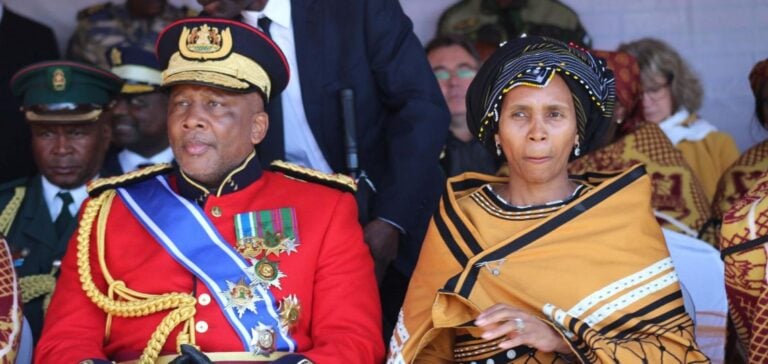Lesotho, a small landlocked country in Southern Africa, is exploring opportunities to integrate the renewable energy market through an ambitious initiative. At Davos, during the World Economic Forum, King Letsie III actively promoted the “His Majesty King Letsie III Just Energy Transition Fund,” launched in February 2024.
This fund aims to attract private capital to harness Lesotho’s abundant natural resources, including sun, wind, and water, to develop sustainable energy infrastructure. The dual objective is to meet domestic energy demands and export to neighboring countries, particularly South Africa, Lesotho’s primary economic partner.
A green energy-driven economic model
Lesotho remains economically dependent on South Africa, where a significant portion of its population works, mainly in the mining industry. However, the sector is in decline, pushing authorities to seek alternatives. For King Letsie III, renewable energy could play a transformative role in the country’s economy.
“Our renewable energy production potential can change the economic trajectory of our nation,” the king stated during an interview in Davos. This vision relies on joint projects with international companies, including Chinese firms, to develop solar power facilities.
A challenging climate context
Exposed to the effects of climate change, Lesotho experienced a severe drought in 2024, leading to agricultural losses and a livestock crisis. This situation forced the government to declare a national state of emergency. These challenges highlight the urgent need for sustainable solutions.
The initiative is supported by strategic backing from two major banks: the UK-based Standard Chartered and South Africa’s Standard Bank. Together, they provide financial advice to structure the necessary investments.
International partnerships under discussion
During his time in Davos, King Letsie III held multiple meetings with key industry players, such as mining group Anglo American and a Danish wind energy company. He also engaged in discussions with the presidents of South Africa and Botswana to strengthen regional cooperation.
“We have traveled the world to convince investors to join our energy vision,” he said, recalling trips to Scandinavia, the UK, and the United States.
The king remains optimistic about the growing global interest in renewable energy as major powers shift away from fossil fuels. For Lesotho, these efforts could usher in a new economic era.






















